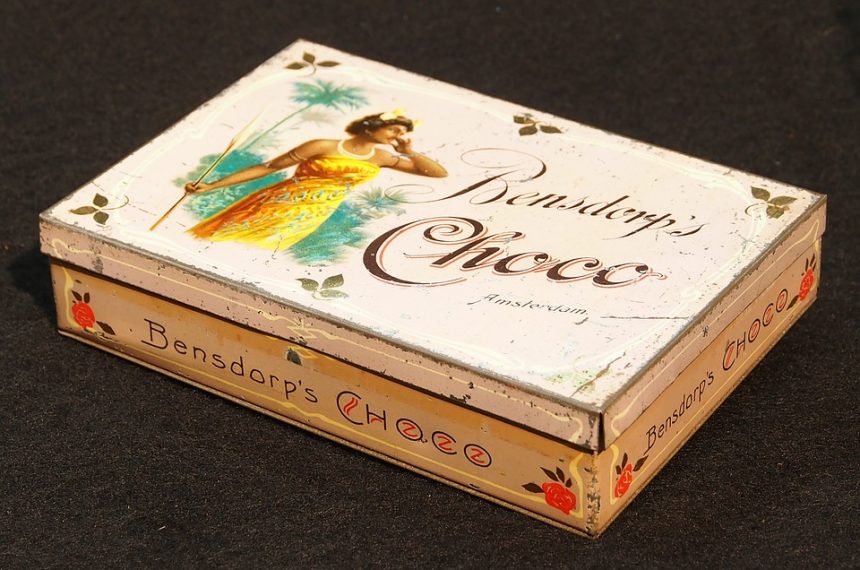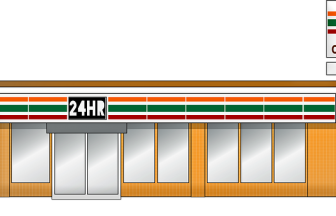「訳あり商品」|「imperfect products」味は変わらず値段は安い
日本の食品廃棄量は年間1,560万トンを超えている。「食べられる状態」での廃棄がその3分の1を超える。
社会問題となっている食品ロス。英語の表現を覚えておきましょう。
「訳あり」でも味は良い
お店で「訳あり特価」という表示をみることがある。
英語で言うなら、
“Imperfect products” actually taste good.
「不完全な商品、実は味は良い」
というところでしょう
「食品ロス」年間640万トン
Food waste in the nation has become a social issue.
「食品ロスが日本の社会問題となっている」
The estimated volume of food waste rose to about 6.4 million tons in fiscal 2016.
「2016年の食品ロスの量はおよそ640万トンに増えたと見積もられている」
食品ロスを減らすためには
We need to make various efforts to reduce food waste.
「食品ロスを減らすため様々な取り組みが必要とされている」
It is said that some supermarket stores in Japan sell products with best-before dates that have passed or are about to pass at prices about one-third of ordinary market rates.
「国内のあるスーパーでは、賞味期限が切れたもの、あるいは切れかかっている商品を通常の3分の1の値段で販売しているという」
The manager of the store samples the food to confirm it is still good before placing it on the shelves.
「その店の店長は、食品が良好であることを確認してから商品棚に並べています」
「賞味期限」が切れても大丈夫
We should know that best-before dates are just a yardstick to show until when the food tastes good.
「私たちは、賞味期限とは食品がいつまで美味しく食べられるかの物差しにすぎないということを知るべきです」
It would be safe to say that concerning confectioneries and vacuum-packed food, we don’t need to mind if the best-before dates have passed.
「菓子類や真空パックされた食品については、賞味期限が過ぎても気にする必要はない、と言ってもいいでしょう」











